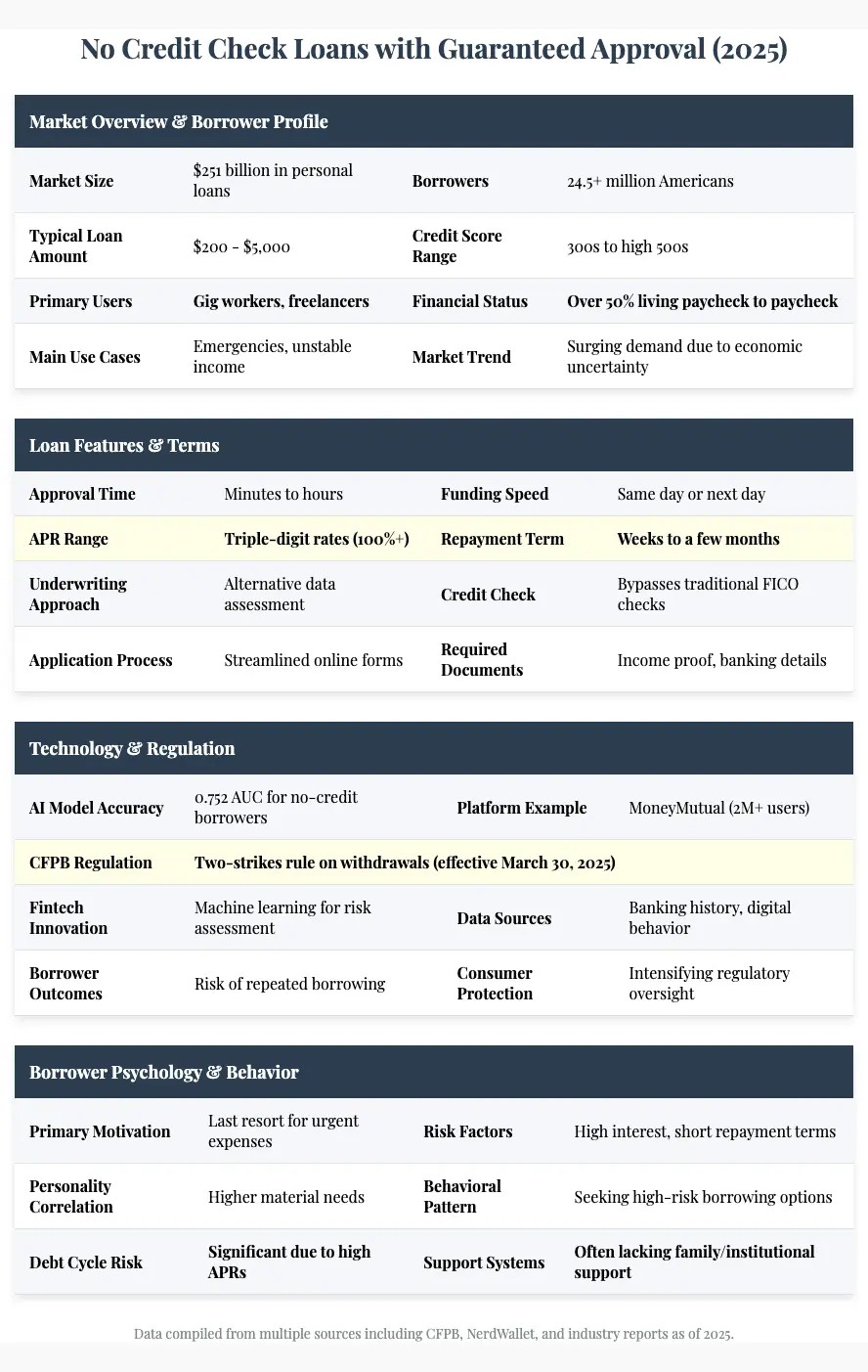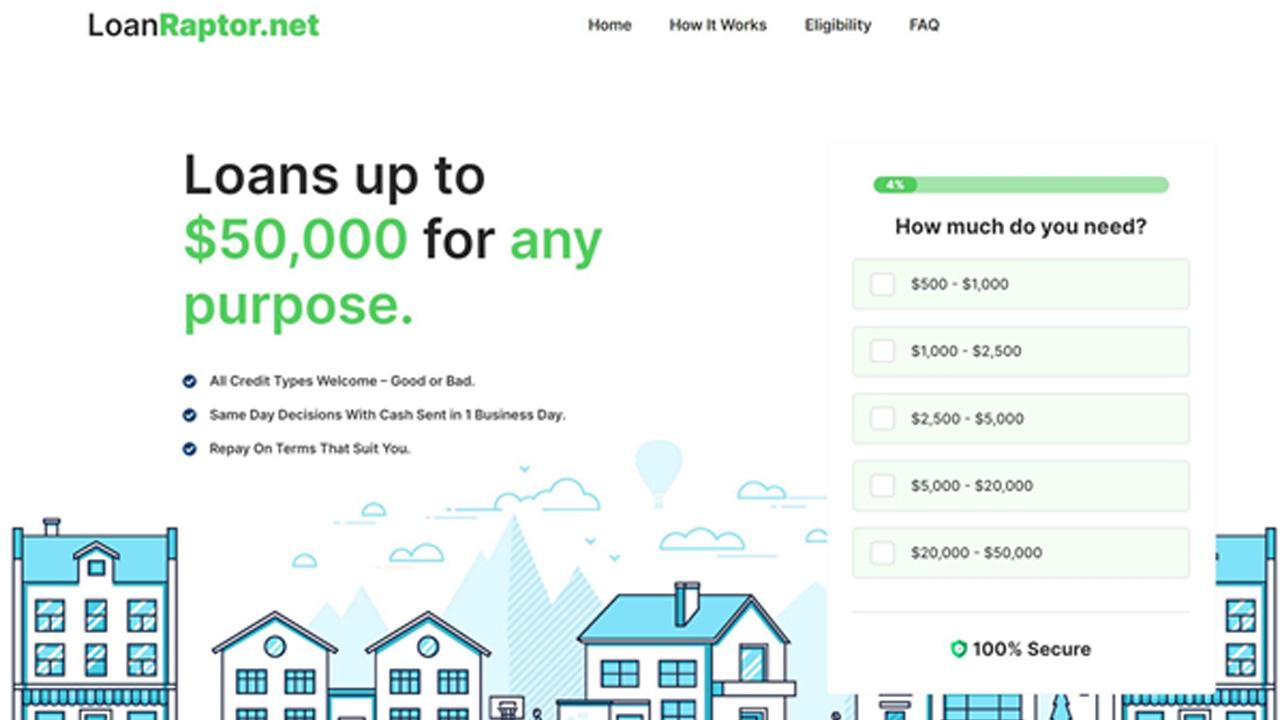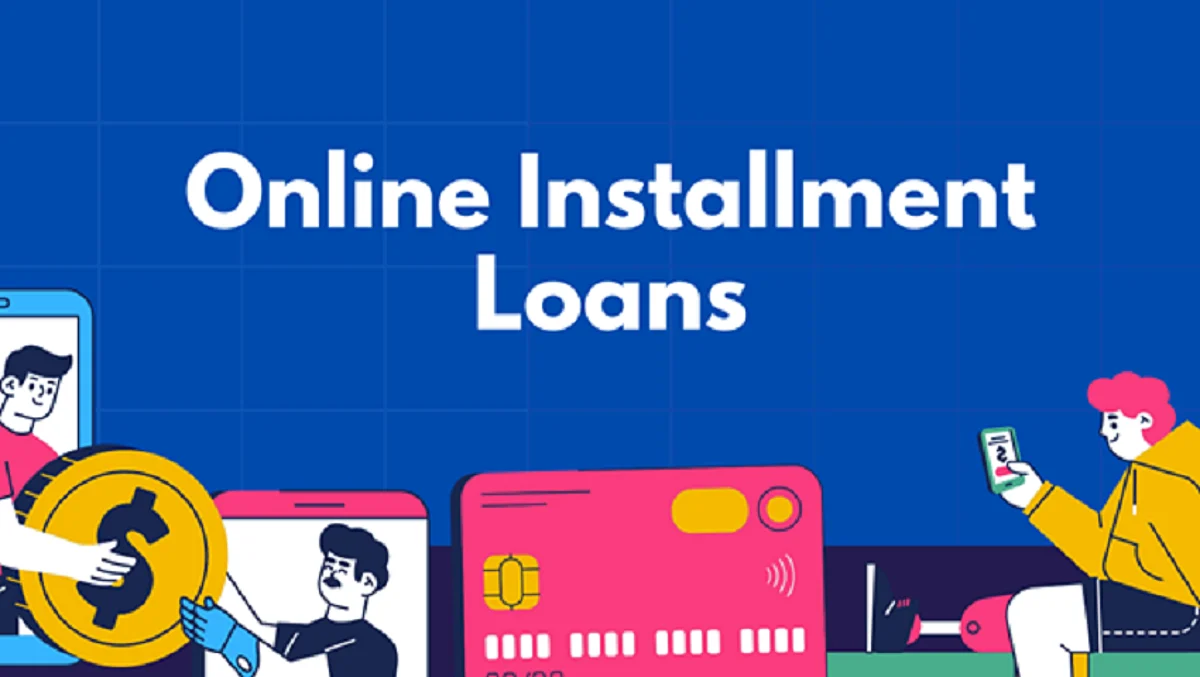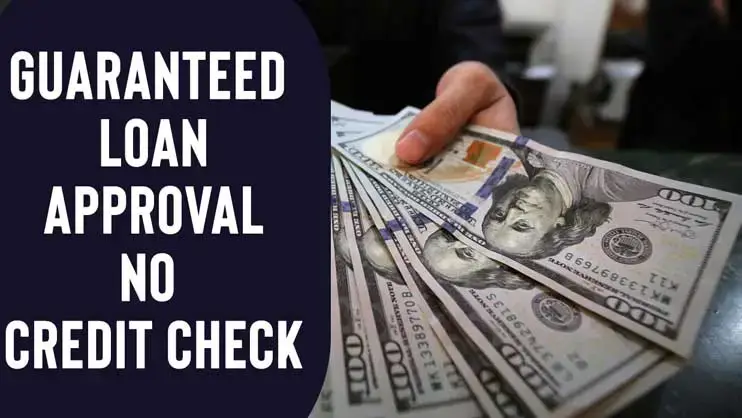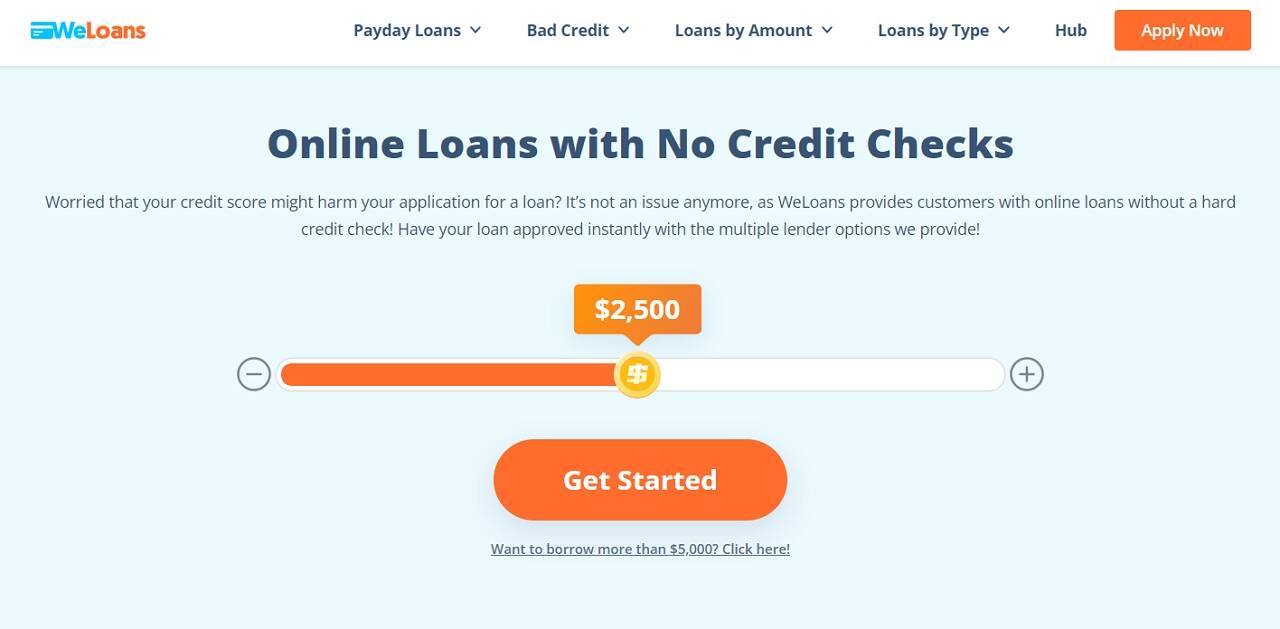No Credit Check Same Day Loans Guaranteed Approval

The allure of instant financial relief can be powerful, especially when facing unexpected expenses or urgent needs. Promises of "No Credit Check Same Day Loans Guaranteed Approval" are increasingly pervasive, tempting individuals with the prospect of quick cash without the scrutiny of traditional lending practices. But beneath the surface of these seemingly straightforward offers lies a complex landscape of risks and potential pitfalls that borrowers must carefully navigate.
This article delves into the world of no credit check same-day loans, examining their mechanics, target audience, and the potential consequences for borrowers. It aims to provide a balanced perspective, weighing the advantages of immediate access to funds against the potentially devastating repercussions of high interest rates and predatory lending practices. We will explore the legal and regulatory landscape surrounding these loans, and offer guidance on making informed decisions when considering this form of borrowing.
The Appeal of Instant Gratification
No credit check loans are designed to appeal to individuals with poor or limited credit histories who may struggle to qualify for conventional loans. These loans often advertise quick approval and disbursement, sometimes within the same day, making them an attractive option for emergencies. The ease of access is a primary driver of their popularity, especially among those facing urgent financial needs.
The target demographic often includes individuals facing job loss, medical bills, or unexpected repairs. These circumstances can create a desperate need for cash, leading people to overlook the fine print and potential long-term consequences of high-cost loans. The convenience factor plays heavily into the decision-making process.
How No Credit Check Loans Work
Unlike traditional lenders who rely on credit reports from agencies like Experian, Equifax, and TransUnion, no credit check lenders forgo this assessment. Instead, they typically rely on other factors to assess a borrower's ability to repay. These can include income verification, bank statements, and employment history.
Lenders often require borrowers to provide access to their bank accounts to monitor income and payment history. This allows them to assess the borrower's financial stability without a formal credit check. The loan is typically secured against the borrower's next paycheck or other source of income.
The absence of a credit check does not mean there are no risks for the lender. To compensate for the increased risk, these loans often come with significantly higher interest rates and fees compared to traditional loans. This is where the potential for financial trouble begins to escalate.
The High Cost of Convenience
The most significant drawback of no credit check loans is the exorbitant interest rates and fees they often carry. These loans can have annual percentage rates (APRs) ranging from several hundred percent to even higher. This contrasts sharply with the APRs offered by traditional lenders, which are often much lower.
Consider a hypothetical scenario: a borrower takes out a $500 no credit check loan with a 400% APR. Over a short repayment period, the total cost of the loan, including interest and fees, can quickly exceed the original principal amount. This creates a cycle of debt that is difficult to escape.
Furthermore, many no credit check loans come with hidden fees, such as origination fees, late payment fees, and prepayment penalties. These fees can further increase the cost of borrowing and make it even harder for borrowers to repay the loan on time. Rollover options, where borrowers pay only the interest and fees to extend the loan, can trap individuals in a continuous debt cycle.
Predatory Lending Concerns
The high cost and aggressive marketing tactics associated with some no credit check lenders raise concerns about predatory lending. Predatory lending practices target vulnerable individuals and communities, often exploiting their lack of financial literacy or limited access to alternative credit options. These practices can have devastating consequences for borrowers and their families.
The Consumer Financial Protection Bureau (CFPB) has taken action against some no credit check lenders for deceptive marketing practices and violations of consumer protection laws. However, the industry remains largely unregulated in many states, leaving borrowers vulnerable to exploitation. Borrowers should be wary of lenders who pressure them to borrow more than they need or who fail to disclose all the terms and conditions of the loan.
State Regulations and Legal Protections
The legal landscape surrounding no credit check loans varies widely from state to state. Some states have strict regulations on interest rates and fees, while others have more lenient laws. Some states have even banned payday lending altogether. Consumers need to understand the laws in their state before considering this type of loan.
Organizations like the National Consumer Law Center (NCLC) advocate for stronger consumer protections and work to educate consumers about the risks of high-cost lending. Borrowers can consult with the NCLC or other consumer advocacy groups to learn about their rights and options.
Alternatives to No Credit Check Loans
Before resorting to a no credit check loan, borrowers should explore alternative options that may offer better terms and lower costs. These options include credit counseling, personal loans from banks or credit unions, and borrowing from friends or family. Negotiating payment plans with creditors or seeking assistance from local charities are other potential avenues.
Credit unions often offer smaller, short-term loans with more reasonable interest rates and fees than payday lenders. Building a relationship with a local credit union can provide access to more favorable lending options in the future. Consider also secured credit cards, which can help rebuild credit over time.
Financial literacy is crucial in avoiding the pitfalls of predatory lending. Understanding budgeting, saving, and responsible borrowing can empower individuals to make informed financial decisions and avoid the need for high-cost loans. Resources are available online and through local community organizations to improve financial literacy.
Looking Ahead: The Future of No Credit Check Lending
The demand for quick access to funds is unlikely to diminish anytime soon. As such, no credit check lending will likely persist, albeit with increasing scrutiny from regulators and consumer advocacy groups. Increased regulation and enforcement are needed to protect vulnerable borrowers from predatory lending practices.
Technological advancements could also play a role in reshaping the no credit check lending landscape. Alternative credit scoring models that consider factors beyond traditional credit reports could provide lenders with a more accurate assessment of risk while expanding access to credit for underserved populations. The key is to balance innovation with consumer protection.
Ultimately, the responsibility lies with borrowers to educate themselves about the risks and alternatives associated with no credit check loans. By making informed decisions and seeking out responsible lending options, individuals can avoid the debt trap and achieve their financial goals. Prudence and careful consideration are essential in navigating the complex world of short-term lending.
